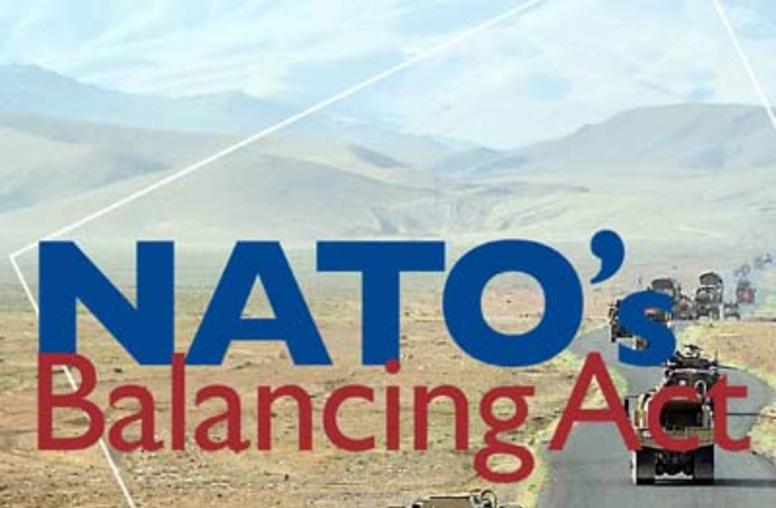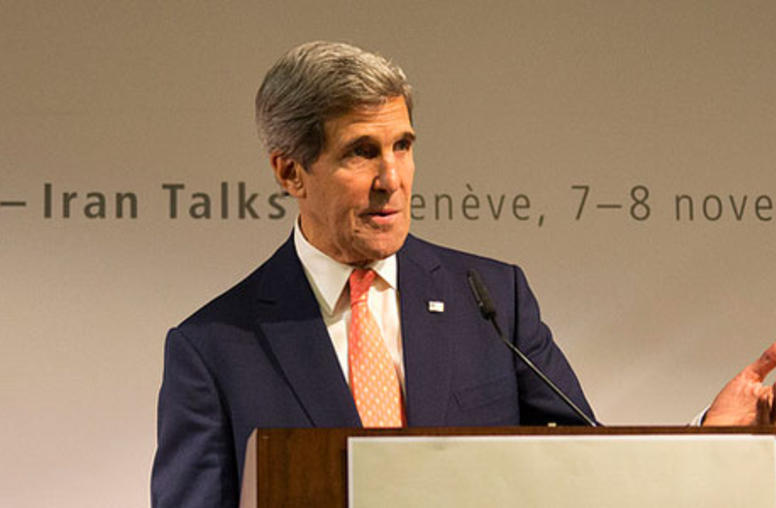French Negotiating Behavior
Cross-Cultural Negotiation Series
Dealing with La Grande Nation
Even before it led opposition to the recent war on Iraq, France was considered the most difficult of the United States’ major European allies. Each side tends to irritate the other, not least at the negotiating table, where Americans complain of French pretensions and arrogance, and the French fulminate against U.S. hegemonisme and egoisme. But, whether they like it or not, the two nations are going to have to deal with one another for a long time to come.
Charles Cogan’s timely and insightful study can’t guarantee to make those encounters more fruitful, but it will help France’s negotiating counterparts understand how and why French officials behave as they do. With impressive objectivity and authority, Cogan first explores the cultural and historical factors that have shaped the French approach and then dissects its key elements. Mixing rationalism and nationalism, rhetoric and brio, self-importance and embattled vulnerability, French negotiators often seem more interested in asserting their country’s “universal” mission than in reaching agreement. Three recent case studies illustrate this distinctively French mélange.
Yet agreement is by no means always elusive. Cogan offers practical suggestions for making negotiations more cooperative and productive—although he also emphasizes the long-term damage inflicted by the crisis over Iraq.
Drawing on candid interviews with many of today’s leading players on the French, American, British, and German sides, this engaging volume will inform and stimulate both seasoned practitioners and academics as well as students of France and the negotiating process.
This book is the recipient of the Prix Ernest Lémonon from L'Académie des Sciences Morales et Politiques, 2006



